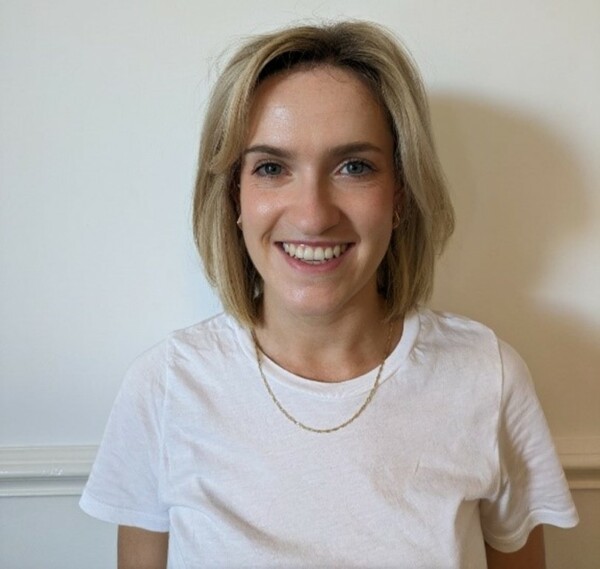PhDs in Focus: Understanding rare diseases
Welcome to our PhDs in Focus blog series, where our PhD students are showcasing their pioneering research projects at the National Institute for Health and Care Research (NIHR) Manchester Biomedical Research Centre (BRC).
In this blog, Manchester BRC PhD student Aoife O’Sullivan outlines how their PhD project is investigating how certain rare developmental genetic conditions affect a person’s thinking, behavioural, emotional and social skills, as part of the Rare Conditions theme.
In the UK, a rare disease is defined as a condition that affects fewer than 1 in 2,000 people. Although individual conditions are rare, together they are common and over 7,000 different rare diseases have now been identified. Rare diseases affect around 4% of the world’s population. This means that there are about 3.5 million people in the UK living with a rare condition.
Despite these numbers, we do not yet have a clear picture of how individuals affected by rare conditions develop and grow. That’s where the National Institute for Health and Care Research (NIHR) Manchester Biomedical Research Centre (BRC) comes in. Manchester BRC has a whole research theme dedicated to studying rare conditions, with a particular focus on understanding their impact and expected outcomes for individuals.
My PhD focus
My PhD project sits within Manchester BRC’s Rare Conditions theme. I am investigating how certain rare developmental genetic conditions affect a person’s thinking, behavioural, emotional, and social skills – abilities that we collectively refer to as a person’s “neuropsychological functioning”.
Learning about how neuropsychological functioning might be affected by a condition is often one of the most important priorities of patients and families once they receive a diagnosis. For example, parents often want to know what type of support their child may benefit from having access to at school or whether their child is likely to be able to live independently in the future.

I will invite individuals with rare developmental genetic conditions to complete neuropsychological assessments in order to collect information that will help to answer these important questions. As part of their neuropsychological assessment, participants will work through a variety of puzzles, games, and quizzes. These tasks will tell me more about each person’s thinking style. I will also ask caregivers to fill out questionnaires about their loved one’s behaviour and social skills outside of the clinic setting. Analysing all of this neuropsychological data will allow me to identify the strengths and weaknesses associated with each condition.
This project is led by Dr Rebecca Bromley, Paediatric Neuropsychologist at Royal Manchester Children’s Hospital (RMCH), part of Manchester University NHS Foundation Trust (MFT) and Senior Lecturer in Epilepsy at The University of Manchester, and Professor Siddharth Banka, Consultant Clinical Geneticist at Saint Mary’s Hospital, part of MFT and Professor of Genomic Medicine and Rare Diseases at The University of Manchester.
My passion for this research project comes from my experience as an Assistant Psychologist at the Paediatric Psychosocial Service at RMCH where I began working after completion of my master’s degree in Clinical Neuropsychology at the University of Groningen. As part of this role, I met many families who were affected by rare conditions and learned how these conditions can impact daily life.
Looking ahead
Although there are currently no treatments available for most of the rare developmental genetic conditions that I will be studying, I am hopeful that the findings of my PhD will be helpful to families who are awaiting these developments. The results of my PhD project should provide information on the strengths and weaknesses associated with different rare developmental genetic conditions. This knowledge can be used to guide parents, carers, and healthcare professionals when making decisions about how to support individuals affected by these conditions. In this way, the findings from my PhD project can be used to improve the quality of life of individuals living with a rare developmental genetic condition.
As well as this, information from my PhD project can be used to improve the way that we measure the neuropsychological features (such as thinking, behavioural, emotional, and social skills) of rare developmental genetic conditions. I will conduct neuropsychological assessments using a variety of methods, including face-to-face appointments, questionnaires, and video calling software. At the end of the study, I will evaluate the success of each method. This information can be used to design more accurate clinical research trials in the future, something which will be essential if we are to eventually discover condition-specific treatments for rare developmental genetic conditions.
Read more blogs in the PhDs in Focus series to find out how we’re developing a research talent pipeline.
Follow Manchester BRC on X/Twitter and LinkedIn to keep updated with the series.
